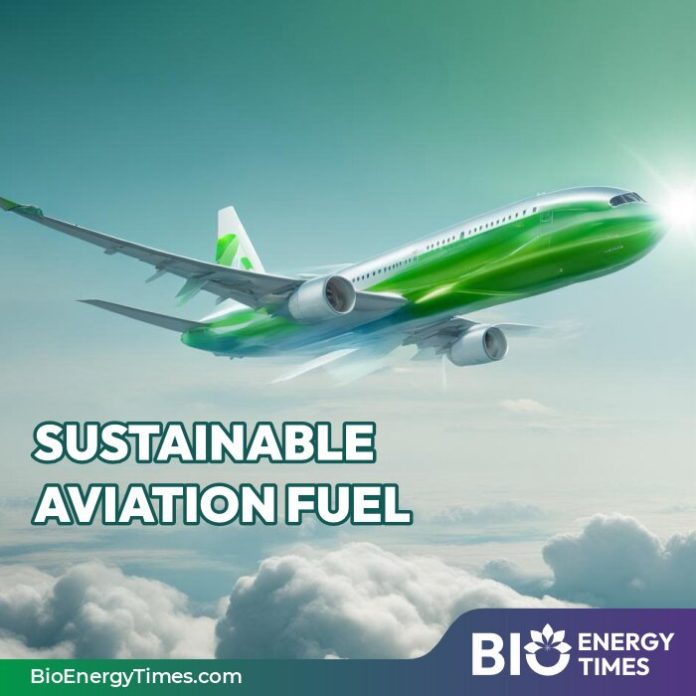Wizz Air, a budget airline based in Hungary, has placed an order for sustainable aviation fuel (SAF) produced from human waste, reported EcoWatch.
Firefly, based in Bristol, said it had developed a process to convert treated sewage into sustainable aviation fuel, or SAF.
According to the various media reports, the SAF is developed by Firefly. Company based in Bristol, said it had developed a process to convert treated sewage into sustainable aviation fuel, or SAF.
Wizz Air recently committed to purchasing up to 525,000 metric tons of SAF over the next 15 years from Firefly, demonstrating their support for the concept, as reported by The Guardian.
Yvonne Moynihan, corporate and ESG officer at Wizz Air, emphasized in a press release the importance of SAF in reducing carbon emissions from aviation, stating, “Our investment in Firefly, which has the potential to reduce our lifecycle emissions by 100,000 tonnes CO2-eq per year, underscores our commitment to mainstream the use of SAF in our operations by 2030.”
The aviation industry, according to the International Energy Agency, accounts for about 2% of global carbon emissions. However, innovative solutions like SAF can significantly mitigate air travel’s environmental impact. Developing SAF can be challenging due to cost and resource constraints, as noted by The Guardian. Many SAF options rely on materials with limited availability, such as spent cooking oil or food waste.
Firefly highlighted that treated sewage biosolids, which have little value otherwise, could be a more economical source for producing SAF compared to other feedstocks. This sewage sludge can be blended with conventional kerosene-based fuel by up to 50% without requiring modifications to aircraft engines, as reported by Yahoo! Finance.
Firefly’s fuel is currently undergoing regulatory testing, and plans are underway to establish a production facility in Harwich, Essex, England, with biosolids supplied by Anglian Water. Firefly aims to commence supplying SAF by 2028 or 2029.
By ordering Firefly’s SAF, Wizz Air aims to achieve its target of fueling 10% of its flights with SAF by 2030 and comply with EU regulations requiring 20% SAF for flights within the EU by 2030 and 70% by 2050.
Moynihan emphasized the need for policymakers to support SAF deployment at scale by incentivizing production, providing price support, and embracing sustainable feedstocks for biofuel production to realize these aspirations.















